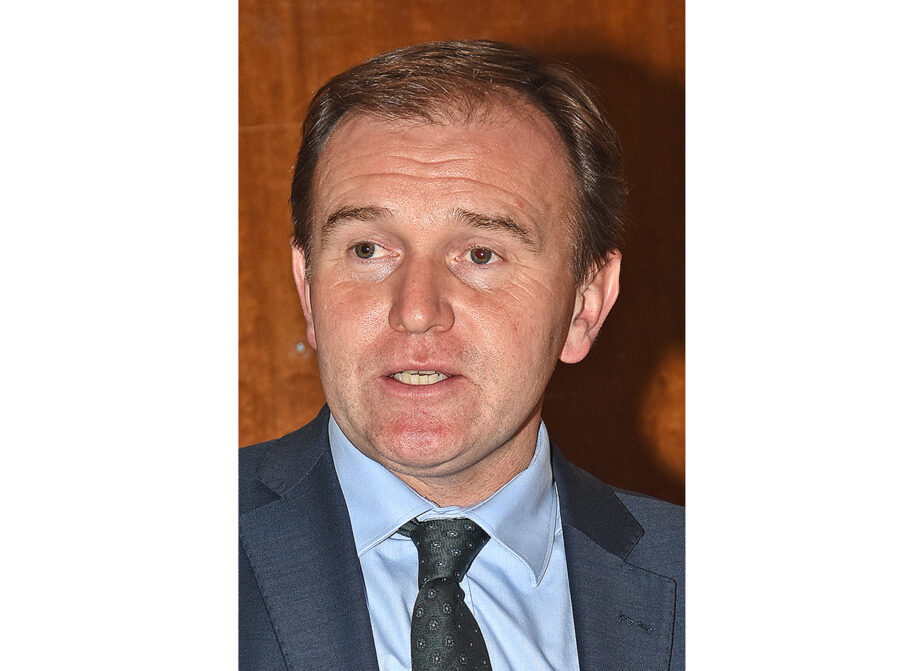Deal should have been signed off last December
The revised fisheries ‘concordat’ that sets out fisheries management and licensing arrangements between DEFRA and the devolved administrations must be finalised ‘at the earliest possible date’ says Scottish fisheries secretary Fergus Ewing, reports Tim Oliver
In a letter to UK fisheries minister George Eustice, seen by Fishing News, he expresses ‘deep frustration’ that there have been 15 months of delays in finalising the new concordat, which he says will support better management of Scottish fisheries.
He has also raised concerns regarding the UK government’s ability to manage the operational running of fisheries due to their focus on Brexit and a transitional deal.
He reminds George Eustice that they discussed the finalisation of the concordat last November, and agreed that it should be completed and published in December 2017 ahead of the December fisheries council.
He says the long delay is ‘deeply disappointing’ and it is ‘deeply concerning that there appears to have been no further progress, despite Marine Scotland officials frequently prompting DEFRA officials’.
The delay is ‘seriously impacting important elements of fisheries management in Scotland, such as the publication of our intentions on quota management reform following our 2014 consultation’.
Fergus Ewing says that while preparations for Brexit will require ‘significant DEFRA resources’, that must not be ‘at the expense of delivering for the current needs and interests and day-to-day operation of sea fisheries in the UK’.
He tells George Eustice he is aware of the situation in Northern Ireland but can see ‘no real barrier to the concordat being agreed in the meantime between the UK and other devolved administrations, given its support across all fishing authorities’.
“I consider it vital that we make progress as fast as possible,” he tells the UK fisheries minister.
Asked for comment, DEFRA said: “The UK government has been working closely with all the fisheries administrations to develop and agree a revised version of the fisheries concordat.
We will respond to Secretary Ewing’s letter in due course.”
The revision of the concordat has been controversial throughout the process. Last year, the NFFO said that the principle of decentralised management – which it backs – embodied in the concordat was being ‘hijacked and corrupted’ by an aggressive Scottish nationalist agenda.
This was affecting the concordat because the Westminster government was too willing to make ‘repeated and damaging concessions to Scotland at our expense’, to head off a possible second referendum on Scottish independence.
In March this year, the NFFO issued a statement under the heading ‘Take the politics out of fishing’, in which it said that fisheries management decisions within the UK are being compromised by politics. “The fisheries concordat is a political construct that is getting in the way of sound fisheries management,” it said. Fishermen in any of the four countries of the UK had not asked for it, and it was imposed from outside ‘for entirely political reasons’.
The NFFO said devolution was getting in the way of normal straightforward business transactions such as buying a boat or moving quota to where it is needed. It was also being used as a lever to secure advantage for one party in allocations and policy decisions.
“The concordat was supposed to bring clarity to the way fisheries administrations work together, but it is doing the opposite. It is being mainly used in a power struggle to obtain political advantage that has nothing to do with fishing. Fishermen north and south of the border are the losers from this, as wholly artificial barriers are being applied.”
The NFFO said the UK industry needed ‘a clear framework’ after Brexit, to replace the CFP, and the fisheries elements of devolution would need to be revisited because the current arrangement was not functioning.








